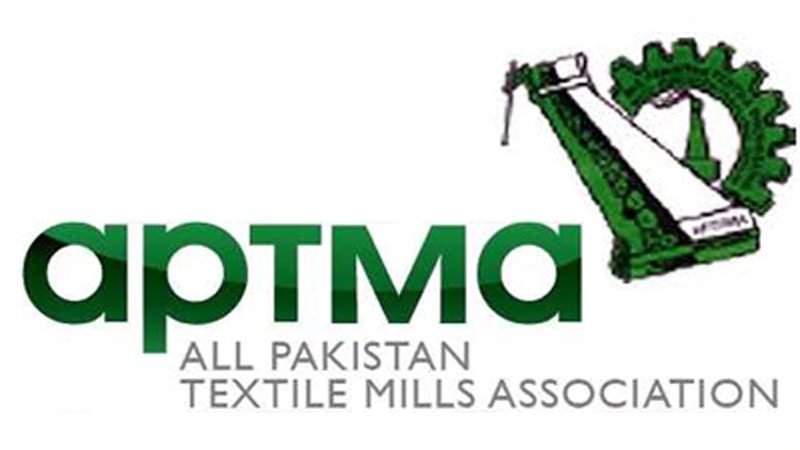Exports of textiles and apparel increased by 23% year on year to $15.4 billion in 2020-21, up from $12.5 billion in 2019-20. Textile exports grew by 26% in the first 10 months of this fiscal year, from $ 12.7 billion to $ 16 billion.
Furthermore, by the end of the fiscal year in June 2021-22, clothing and textile exports are expected to earn $ 21 billion in significant contributions to supporting the Balance of Payments deficit.
Textile exports are expected to increase to $ 27 billion next financial year as a consequence of the new capacity installed through TERF & LTFF over the last year.
Read also
ICAP initiative of preparing Model Federal and Provincial Budget 2022-23
Furthermore, there are speculations that the Government is considering Non-Tariff Barriers (NTBs) through a voucher scheme to curtail raw material imports. The impact of any non-tariff barrier on raw material imports would be disastrous.
Changing/ discarding a winning formula can lead to extremely negative outcomes. Regionally Competitive Energy Tariffs (RCETs) across the value chain, as well as an unrestricted import of raw materials and spare parts for exports, is essential for rapidly growing textile exports.
APTMA urges the government to continue with the Regionally Competitive Tariffs for the entire value chain and not to impose any non-tariff barrier on raw material or spare parts for the industry.

